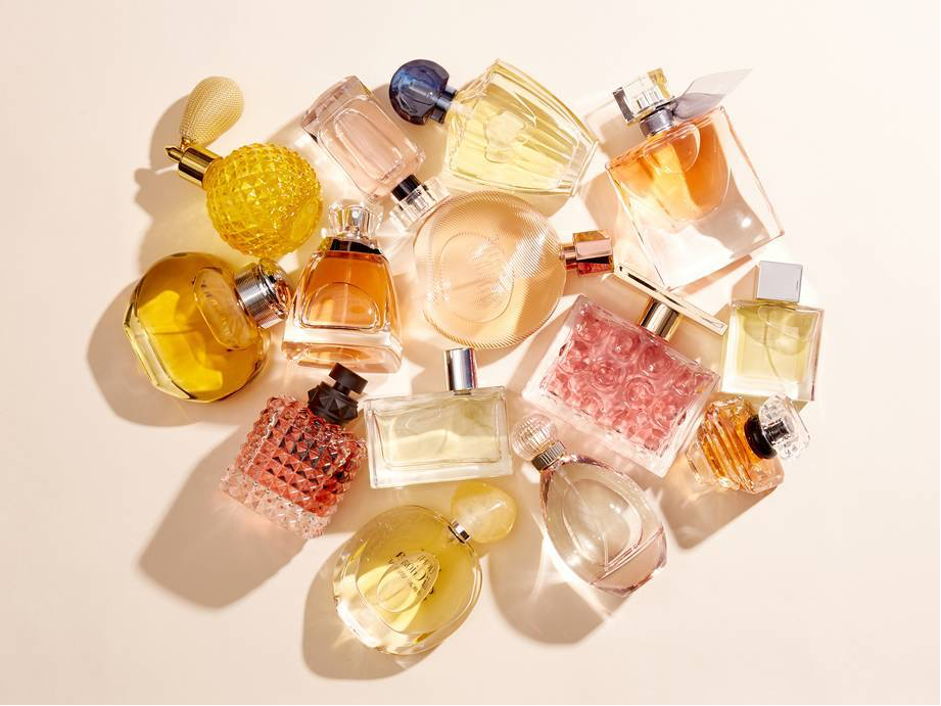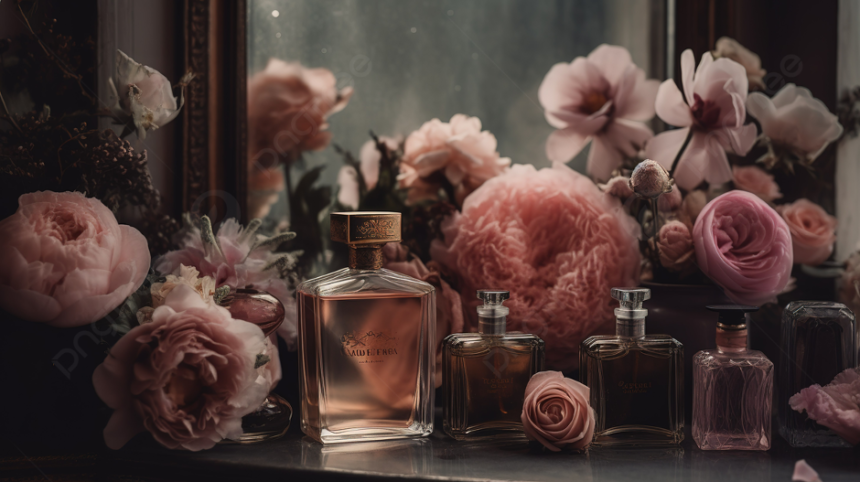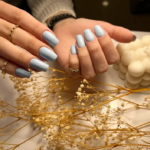Introduction:
Choosing the perfect fragrance is a personal and nuanced experience that involves a delicate balance of individual preferences, chemistry, and the occasion. Perfume is a powerful accessory that can evoke emotions, leave lasting impressions, and enhance personal style. This article delves into the world of fragrance, providing a comprehensive guide and a plethora of tips to help individuals make informed and confident perfume picks.
Understanding Fragrance Families:
The first step in navigating the vast landscape of perfumery is understanding fragrance families. Perfumes are categorized into different families based on the predominant notes they contain. Common fragrance families include floral, oriental, woody, citrus, and aquatic. Knowing these families can serve as a foundation for discovering scents that align with personal preferences.
Identifying Personal Preferences:
Each individual has unique tastes and preferences when it comes to fragrances. Some may be drawn to the sweetness of floral notes, while others prefer the warmth of oriental scents or the freshness of citrus. Taking note of the scents that resonate most positively with personal tastes forms the basis for a successful perfume selection.
Considering Occasions:
The right perfume for an occasion can enhance the overall experience and leave a lasting impression. Light and fresh fragrances are ideal for daytime and casual settings, while richer, more intense scents may be suitable for evenings or formal events. Understanding the nuances of different occasions and selecting scents accordingly ensures that the chosen fragrance complements the environment.
Testing and Sampling:
Before committing to a full-sized bottle, it’s essential to test and sample perfumes. Visit fragrance counters, utilize testers, and take advantage of sample-sized vials to experience how a fragrance evolves on the skin over time. The interaction between the perfume and individual body chemistry plays a significant role in the final scent, making sampling a crucial step in the selection process.

Considering Seasonal Changes:
Climate and seasonal changes can impact the way a perfume smells on the skin. Lighter, fresher fragrances are often preferred in warm weather, while deeper, warmer scents are suitable for colder months. Adapting perfume choices to the seasons ensures that the fragrance harmonizes with the environment and feels appropriate for the time of year.
Assessing Longevity and Sillage:
The longevity of a fragrance, or how long it lasts on the skin, and its sillage, or how strongly it projects, are important factors to consider. While some individuals prefer long-lasting scents with a strong sillage, others may favor subtler options. Understanding personal preferences in terms of longevity and sillage helps in selecting perfumes that align with individual comfort levels.
Niche vs. Designer Perfumes:
The fragrance market offers a wide array of options, including both designer and niche perfumes. Designer fragrances are often more accessible and widely available, while niche perfumes are crafted in smaller quantities and may offer unique and distinctive scents. Exploring both categories allows individuals to discover hidden gems and cultivate a diverse fragrance collection.
Building a Fragrance Wardrobe:
Just as one’s wardrobe may include different outfits for various occasions, building a fragrance wardrobe allows for versatility and adaptability. Having a selection of perfumes that range from light and refreshing to bold and intense ensures that there is a suitable scent for every mood, outfit, and event.
Seeking Professional Guidance:
For those overwhelmed by the multitude of fragrance options, seeking guidance from fragrance experts or perfume consultants can be immensely helpful. Professionals in fragrance boutiques or department stores can provide insights, recommend scents based on preferences, and guide individuals towards discovering new and exciting fragrances.
Storing and Preserving Perfumes:
Proper storage is essential for maintaining the quality of perfumes. Exposure to light, heat, and air can alter the composition of fragrances over time. To preserve the integrity of perfumes, store them in a cool, dark place, away from direct sunlight and temperature fluctuations. Additionally, tightly sealing bottles when not in use helps prevent evaporation and extends the life of the fragrance.
Conclusion:
Selecting the perfect perfume is an art that involves a combination of personal preferences, knowledge of fragrance families, and an understanding of how scents interact with individual body chemistry. By considering occasions, testing and sampling, adapting to seasonal changes, and exploring both designer and niche options, individuals can curate a fragrance collection that reflects their unique style and personality. Mastering the art of perfume picks is not just about finding a scent; it’s about discovering a signature fragrance that becomes an integral part of one’s identity and leaves a lasting impression on those encountered along life’s fragrant journey.







